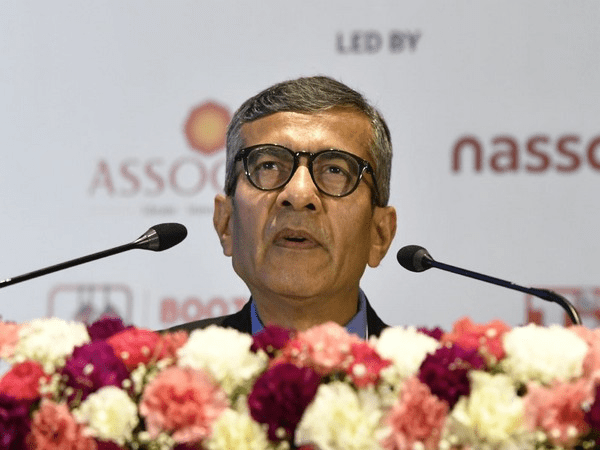
The Indian government is taking significant strides towards fostering innovation and entrepreneurship in the deep technology (deeptech) sector, with the Department for Promotion of Industry and Internal Trade (DPIIT) Secretary RK Singh announcing the development of a dedicated deeptech startup policy.
Deeptech startups, characterized by their focus on cutting-edge technologies such as artificial intelligence (AI), machine learning (ML), blockchain, biotechnology, and quantum computing, hold immense potential to drive transformative changes across industries and contribute to economic growth.
In a recent statement, Secretary RK Singh emphasized the government’s commitment to supporting deeptech startups and creating an enabling ecosystem for their growth and success. The proposed deeptech startup policy aims to address key challenges faced by startups operating in highly technical and complex domains, offering tailored solutions and incentives to propel their development.
The announcement of a dedicated policy underscores the recognition of deeptech startups as pivotal players in India’s startup ecosystem, deserving of specialized support and attention. Here are some key insights into the government’s efforts and the anticipated impact of the deeptech startup policy:
1. Addressing Funding Challenges:
One of the primary challenges faced by deeptech startups is securing adequate funding due to the high-risk nature of their innovations and longer gestation periods. The new policy is expected to introduce measures such as venture capital funding, grants, and subsidies specifically designed for deeptech startups, enhancing their access to capital and enabling them to scale their operations.
2. Facilitating Research and Development:
Deeptech startups heavily rely on ongoing research and development (R&D) efforts to drive innovation and stay competitive. The policy is likely to facilitate collaborative R&D initiatives between startups, academic institutions, and industry experts, fostering a culture of innovation and knowledge exchange.
3. Promoting Collaboration and Partnerships:
Collaboration is key to the success of deeptech startups, as they often require expertise from multiple domains to develop comprehensive solutions. The policy framework may incentivize collaborations with corporates, accelerators, research labs, and international partners, fostering synergies and driving collective innovation.
4. Streamlining Regulatory Processes:
Regulatory complexities can pose significant challenges for deeptech startups, especially those operating in highly regulated sectors such as healthcare and finance. The policy is expected to streamline regulatory processes, provide guidance on compliance requirements, and create a conducive regulatory environment that promotes innovation while ensuring consumer protection and safety.
5. Skill Development and Talent Acquisition:
Deeptech startups require a skilled workforce proficient in emerging technologies. The policy may include initiatives to promote skill development, training programs, and talent acquisition strategies to bridge the skill gap and support the growth of deeptech startups.
6. International Collaboration and Market Access:
The policy framework may also focus on enhancing international collaboration, promoting market access for deeptech startups in global markets, and facilitating partnerships with international investors and accelerators, thereby expanding their reach and opportunities for growth.
The announcement of the deeptech startup policy reflects the government’s proactive approach towards fostering innovation, promoting entrepreneurship, and positioning India as a global hub for deeptech innovation. By creating a conducive ecosystem that nurtures and supports deeptech startups, the policy is poised to unleash a wave of disruptive innovations, drive economic growth, and contribute to India’s leadership in the global technology landscape.
As the policy framework takes shape, stakeholders across the deeptech ecosystem, including startups, investors, academia, and industry bodies, can look forward to a conducive environment that encourages experimentation, risk-taking, and breakthrough innovations in deep technology domains.










